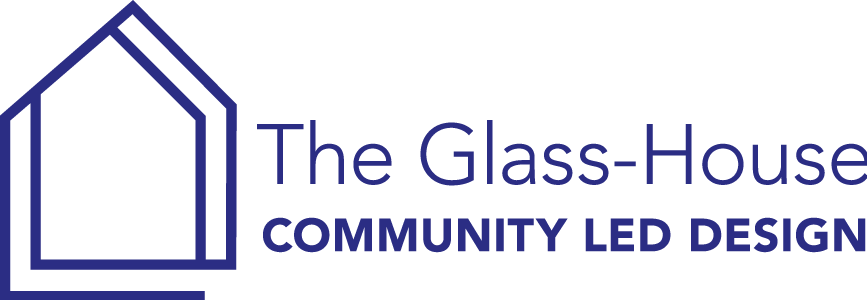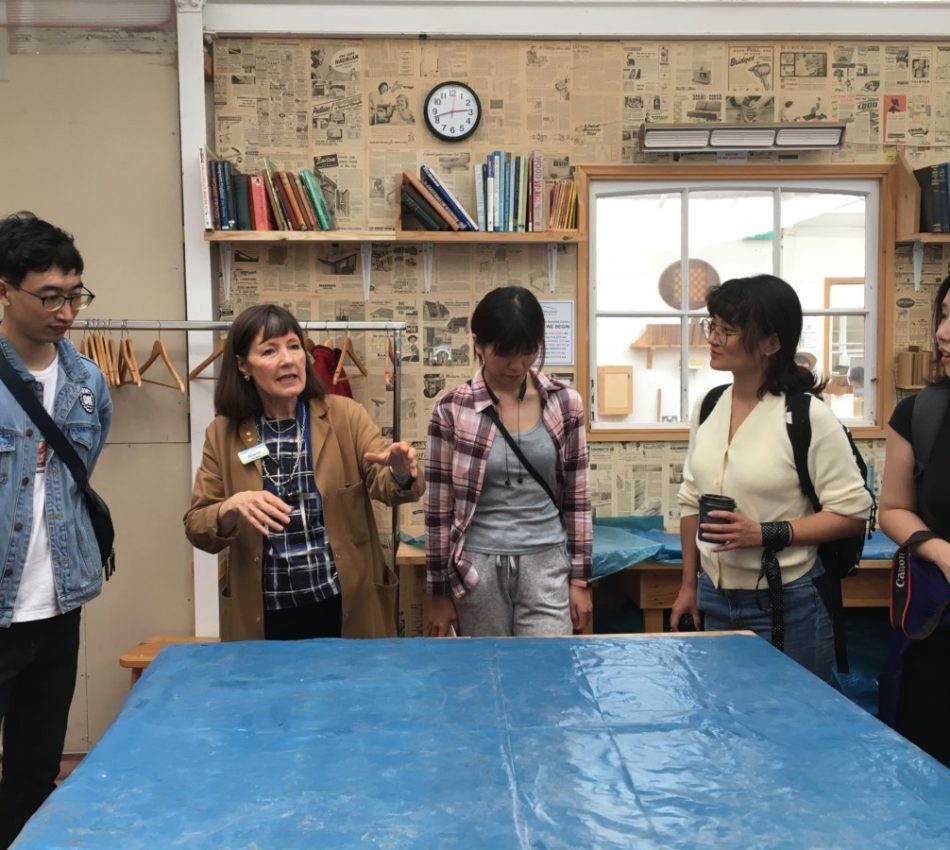Written by:
By Grace Crannis
As part of the Fostering Creative Citizens through co-design and public makerspaces* research project, The Glass-House team along with our colleagues from Brunel University and visitors from Tongji University took part in a makerspace study tour to learn about what makes them work.
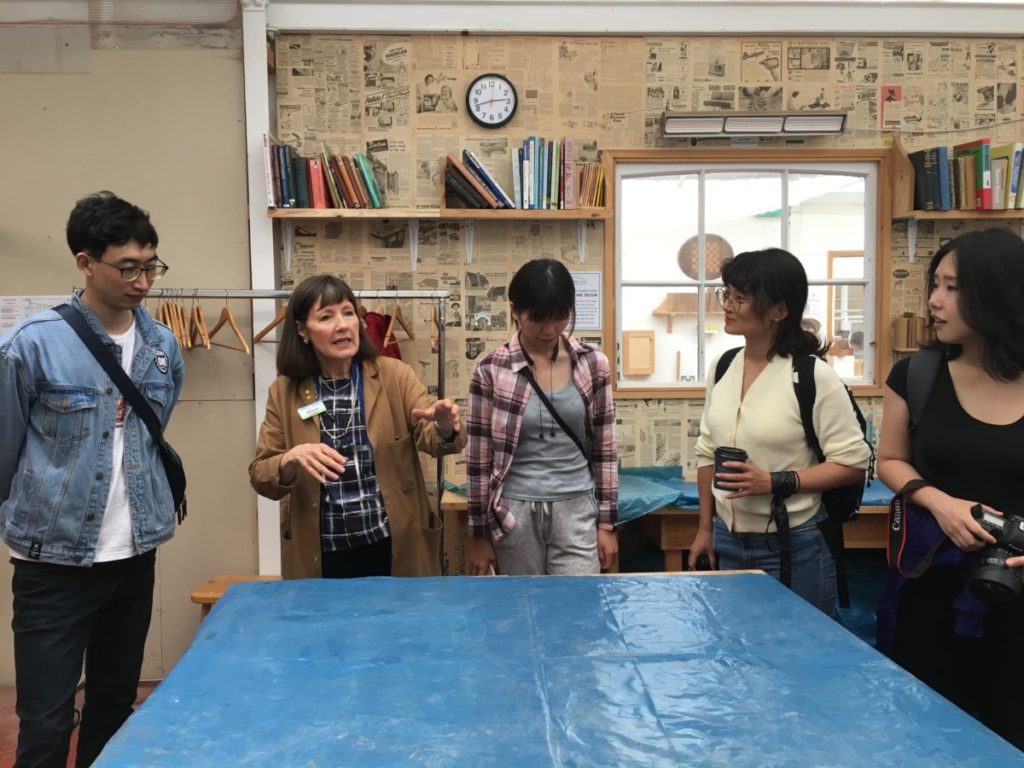
The project runs from October 2018 until September 2021, and seeks to explore how creative community hubs in China can be built collaboratively using co-design methods by drawing on the experience of makerspaces in the UK. The case studies and co-design materials that are produced through the project will then be available to use as bilingual resources. Makerspaces in China differ from those in the UK, as they are often primarily focused on hacking and digital making rather than hand skills.
Our delegation from Tongji University arrived for the first phase of the research visits before Sophia, the Glass-House Chief Executive heads to Shanghai to deliver a co-design workshop for local people and groups.
First up, we headed to the Goodlife Centre near London Bridge, a makerspace which offer a wide range of courses from basketry to beginner’s DIY. There are no open workshops or drop in appointments, so all users of the space are there for classes. The centre also offers traditional long-term woodwork apprenticeships, giving students the chance to learn under an expert craftsman.
The centre’s founder and director, Alison, gave us a tour and an insight into the realities of running a space like this in such a central area of London and explained her aims for the space: ‘to decrease the generational skills gap’. Housed within a former cardboard box factory, the building has remained family owned and unchanged in appearance, beyond the installation of temporary partitions to make the space functional, since It was built in the late 1800s.
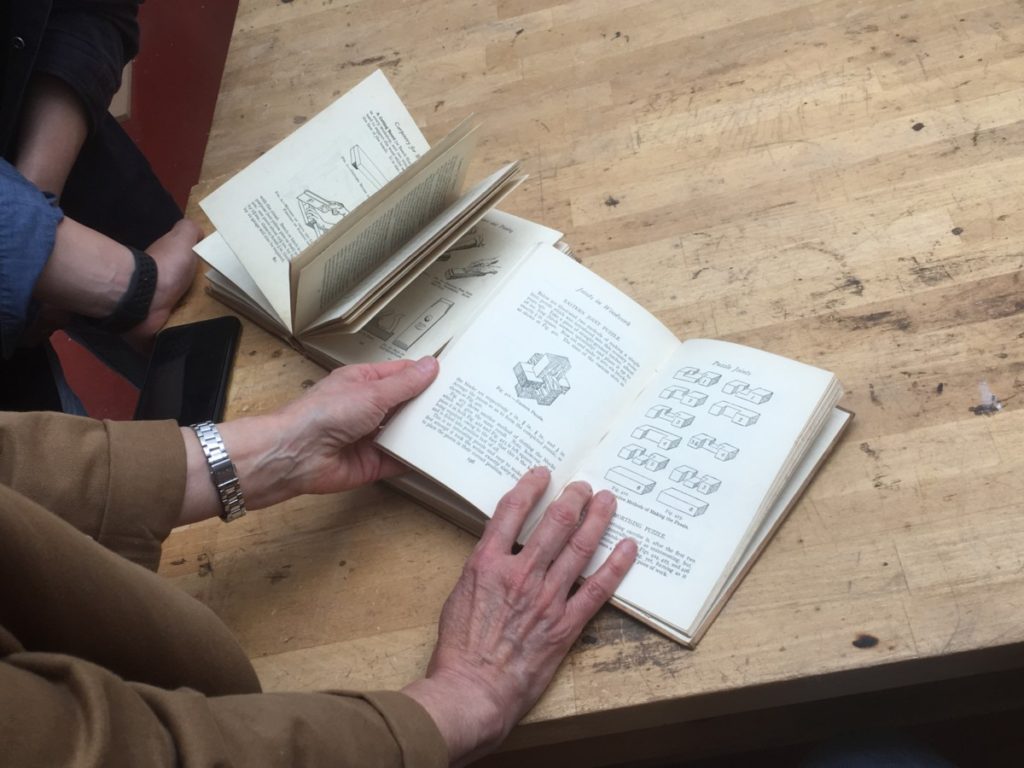
Alison emphasised the ethos of the centre, as we moved through the bright workshop spaces, all of which have a homely feel and are not intimidating. All objects are labelled, everything has a place, and maintenance is a huge priority to ensure the 35-40 tutors who use the space on rotation for over 60 workshops can always find what they need.
The centre is a business and therefore does not receive external funding. They are also closed during August, December and April. The financial impact of these closures have to be spread across the whole year – it costs £10,000 to leave the building empty for one month. Tutors are well paid and come to share their passion. Unusually, they are tasked with no admin or planning, a luxury, Alison says, that is passed onto their students. Everything from pencils to paper to tools and materials are provided, in order to remove the barrier of asking people to bring their own equipment. As a makerspace, The Goodlife Centre is a well-oiled machine, providing expert tuition for all skill sets.
Next up was the altogether different Remakery in Loughborough Junction, South London. Primarily focused on the reuse of material and upskilling the community, the Remakery provides workshop facilities on a time-spent-making tiered system, rents whole spaces, provides workshops and has an area to display objects for sale.
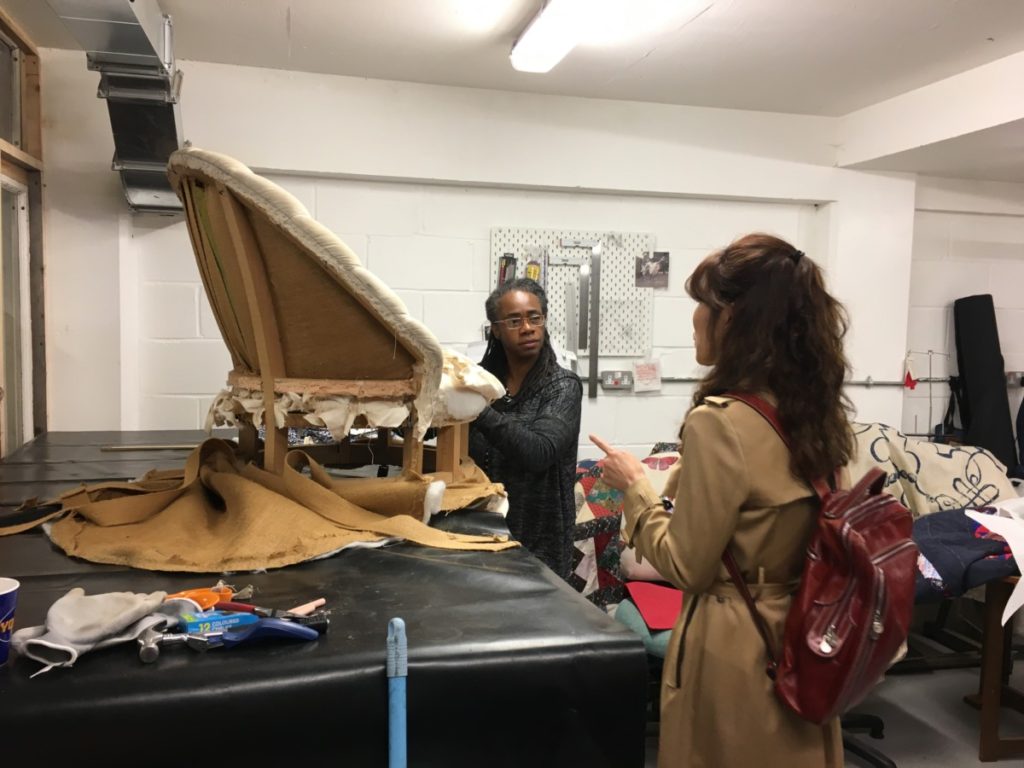
Sam, who makes furniture and surfaces from wooden pallets and rents a space The Remakery, gave us the tour. He described the project as ‘a collection of different people’s legacies’, outlining the new phased in their history as they embark on a project to restructure and engage more with outreach to the local community. Situated in a former disused underground car park which had a lot of problems with drug use, the 1200m2 space was provided at a highly discounted rate with a long lease by Lambeth council. They are also supported by various funding bodies including the lottery, meaning they are able to keep prices low and services accessible. All profits are reinvested.
All decisions about the space are made collectively and organically, with more permanent users supporting casual users to share their passions for making. The priority here isn’t for controlling who walks through the door, but generating space and creative opportunities for people who do.
The Remakery had a totally different feel; there was a lot of space, partitions were glazed wherever possible, there is a large, open access material store for anyone to use, and general sense that the making here was open and less prescriptive. It was great to spend the day with these two very different spaces to get a better sense of the way they provide skills and creative space for their users, and to hear the findings and observations of our visitors from China.
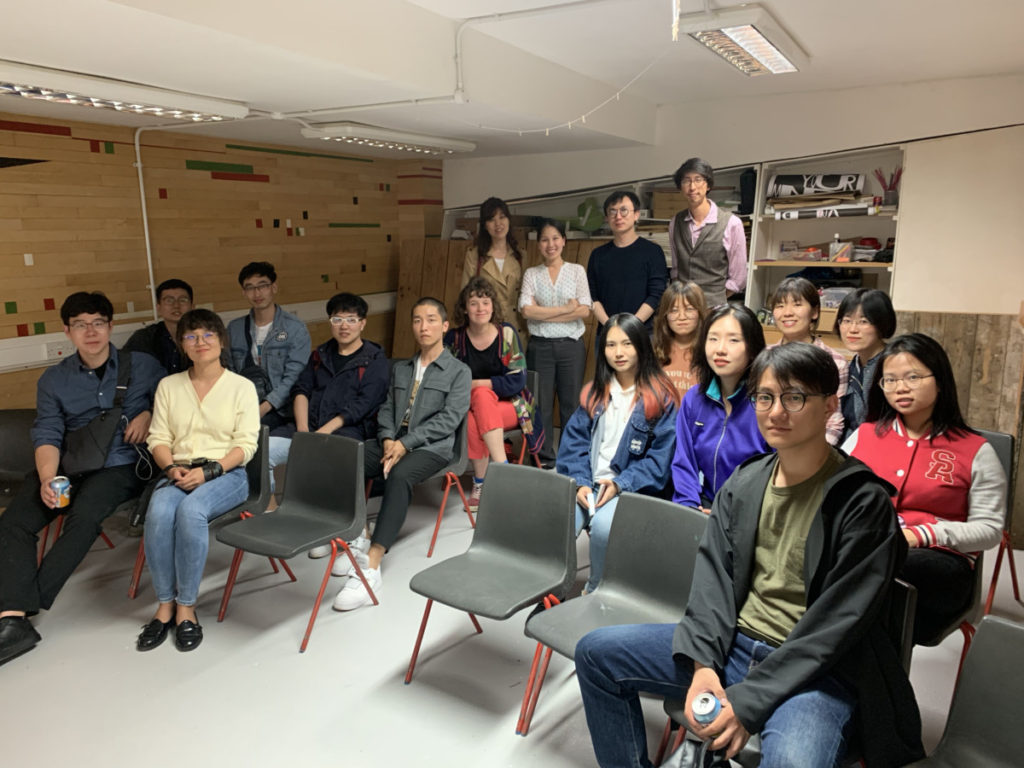
The study tour set the ground work for the workshop that formed part of the next day’s activity, a makerspace co-design workshop at Brunel University that will also be run in Shanghai. You can read a blog about that workshop, which was created collaboratively by the Glass-House team, here.
Thank you to the Goodlife Centre and The Remakery for the tours, our project partners at Brunel and Tongji Universities, and all the students for taking part.
*Fostering creative citizens through co-design and public makerspaces is a three-year action research project in collaboration with Brunel University and Tongji University, funded by the Arts and Humanities Research Council. This project seeks to develop a novel and inclusive means of fostering creative citizens in China in a bottom-up manner through strategic use of co-design and public makerspaces. The project will produce bilingual resources that share experience and learning from the UK and China to help inspire future communities and makerspaces everywhere.
